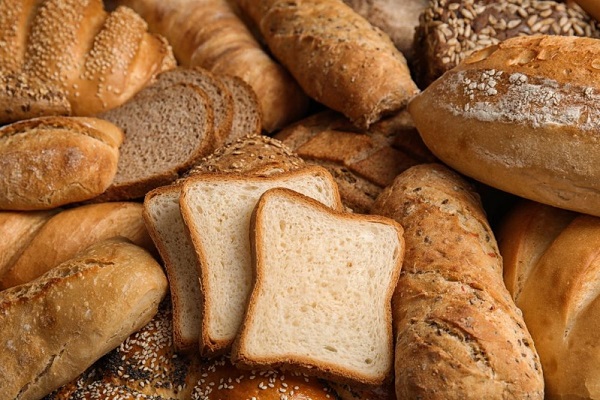In a recent interview on Arise News’ Global Business Report, Emmanuel Onuorah, the president of the Premium Bread Makers Association of Nigeria (PBAN), unveiled the underlying reasons behind the escalating cost of bread in Nigeria, a staple food deeply ingrained in the nation’s diet.
Highlighting the pivotal role of imported ingredients in bread production, Onuorah attributed the soaring prices to the heavy reliance on foreign markets, where approximately 98 percent of essential materials are sourced.
The fluctuating exchange rates, particularly between the naira and the dollar, exacerbate the situation, intensifying the financial strain on bread manufacturers across the country.
Moreover, the ongoing conflict between Russia and Ukraine has dealt a severe blow to the bread manufacturing industry in Nigeria. As the nation imports wheat from both nations, the disruptions in the global supply chain have further fueled the cost escalation.
Onuorah emphasised the cultural significance of bread in Nigeria, describing it as not only a physical sustenance but also a spiritual symbol deeply intertwined with the fabric of society.
He underscored the unique preferences of Nigerian consumers, who favour bread with specific attributes such as sweetness, softness, and succulence.
With Nigeria ranking among the highest consumers of white bread globally, Onuorah stressed the indispensability of wheat, which constitutes 60 to 65 percent of bread production. The reliance on wheat imports from countries like Ukraine, Russia, and others underscores the vulnerability of the industry to external market forces.
As bread remains a dietary staple and a symbol of comfort and sustenance for millions of Nigerians, the rising prices pose significant challenges for both consumers and producers alike, signalling a pressing need for sustainable solutions to mitigate the impact of external factors on the nation’s food security and affordability.



